MauiKit
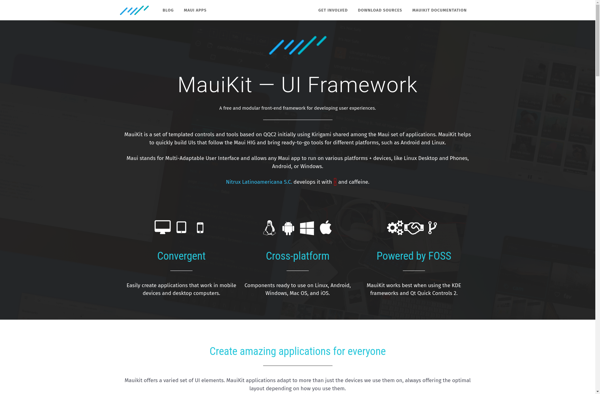
MauiKit: Open-Source Cross-Platform UI Framework for Native Mobile & Desktop Apps
MauiKit is an open-source cross-platform UI framework that allows developers to build native mobile and desktop applications from a single C# codebase. It uses the .NET MAUI framework and supports Windows, macOS, Linux, iOS, and Android.
What is MauiKit?
MauiKit is an open-source cross-platform UI framework for building native mobile and desktop applications using C# and .NET. It allows developers to use a single shared C# codebase to target Windows, macOS, Linux, iOS, and Android.
MauiKit builds on top of Microsoft's .NET Multi-platform App UI (.NET MAUI) framework. It provides an additional layer focused on application architecture, design patterns, and best practices to streamline building production-ready apps. Key capabilities and benefits of MauiKit include:
- Write apps using C# and XAML across Windows, macOS, Linux, iOS and Android from a single codebase
- MVVM architecture and project structure out of the box
- Inversion of control container for dependency injection
- Navigation service and view models for managing navigation flow
- Reusable UI controls and elements
- Integrated data access using Entity Framework Core
- Design pattern implementations for domain driven design, repository pattern, unit of work, and more
- Extensive documentation and samples
With MauiKit, developers can build their UI once using XAML, and have it rendered natively across multiple platforms with full access to native device capabilities while using mature .NET ecosystem. The framework is open source and available on GitHub.
MauiKit Features
Features
- Cross-platform UI framework
- Single C# codebase for mobile & desktop apps
- Built on .NET MAUI
- Supports Windows, macOS, Linux, iOS & Android
Pricing
- Open Source
Pros
Cons
Official Links
Reviews & Ratings
Login to ReviewThe Best MauiKit Alternatives
Top Development and Cross-Platform Frameworks and other similar apps like MauiKit
Here are some alternatives to MauiKit:
Suggest an alternative ❐Qt
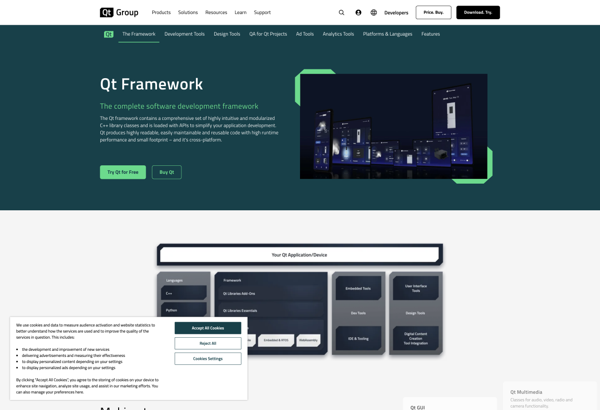
Uno Platform
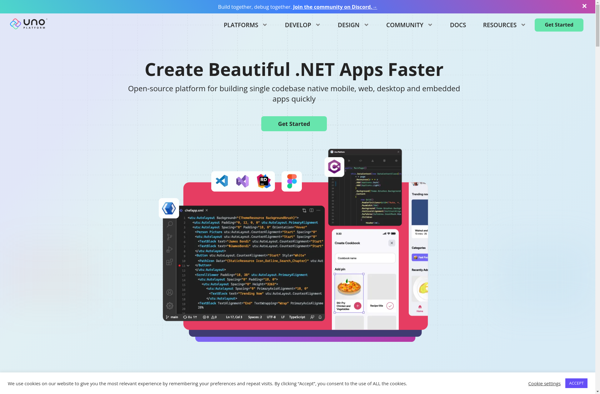
JUCE
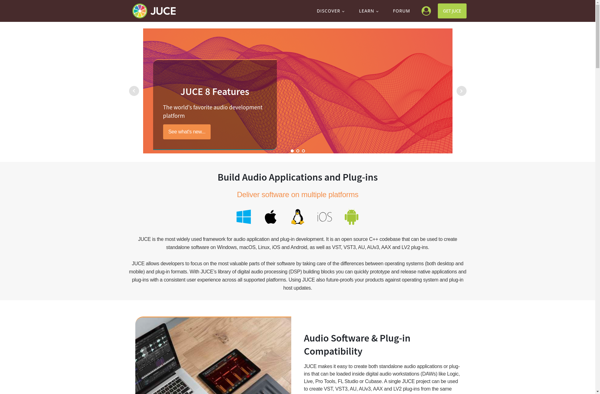
JavaFX
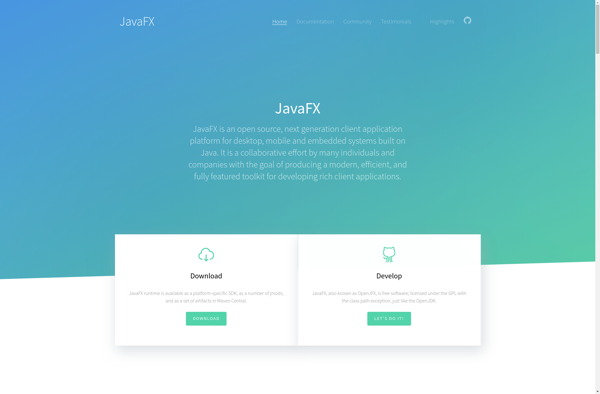
WxPython
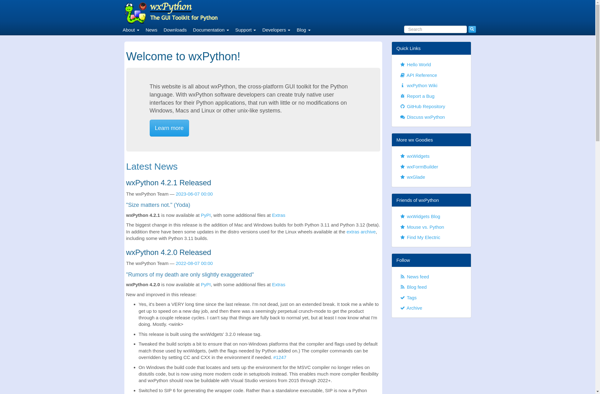
PyGTK
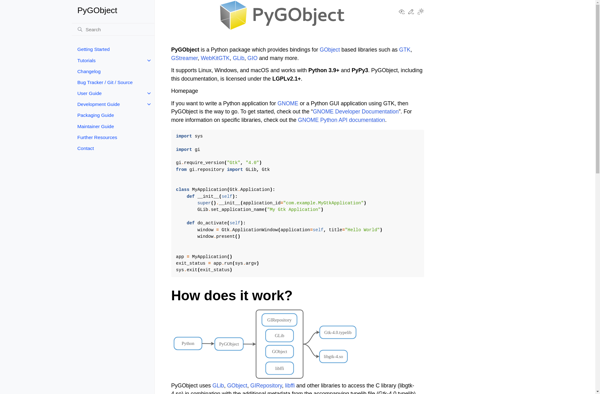
Fox toolkit

PySide
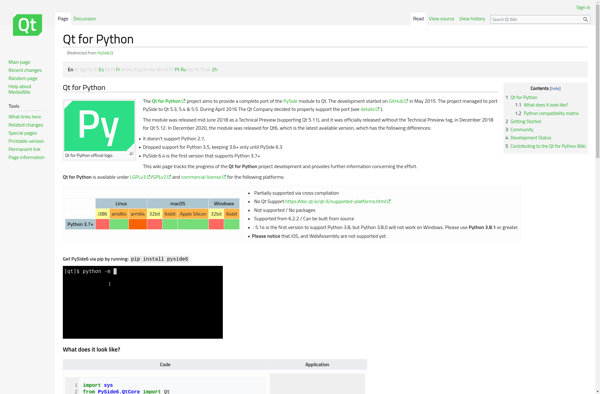
WxWidgets
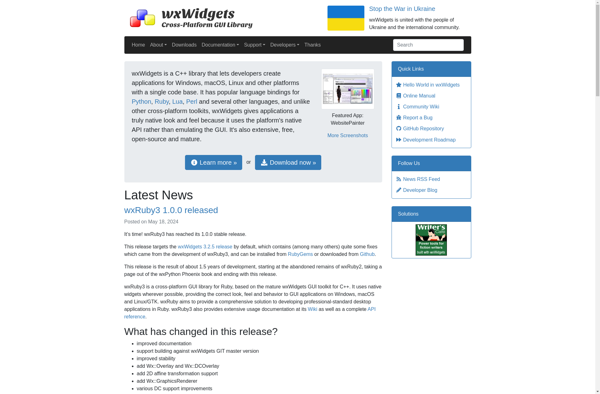
FLTK
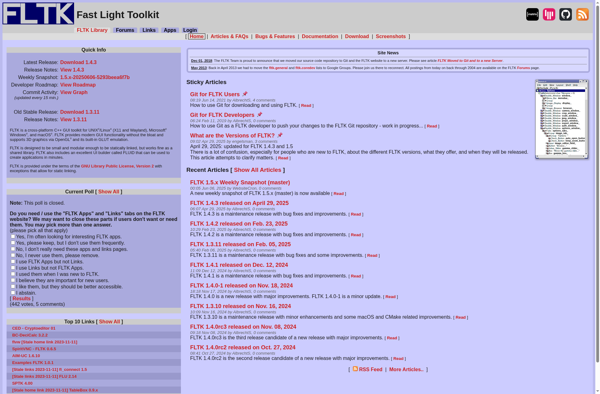
Zuznow
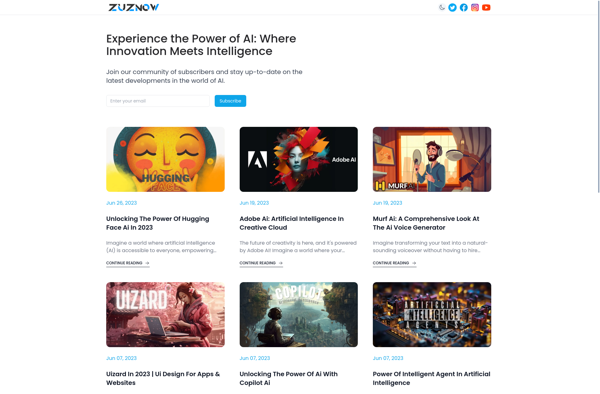
Gtkmm
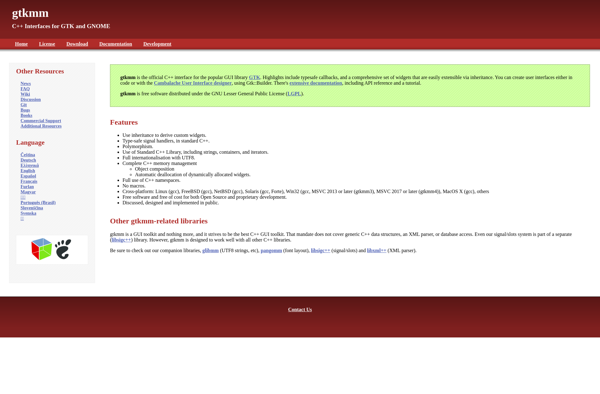
Standard Widget Toolkit
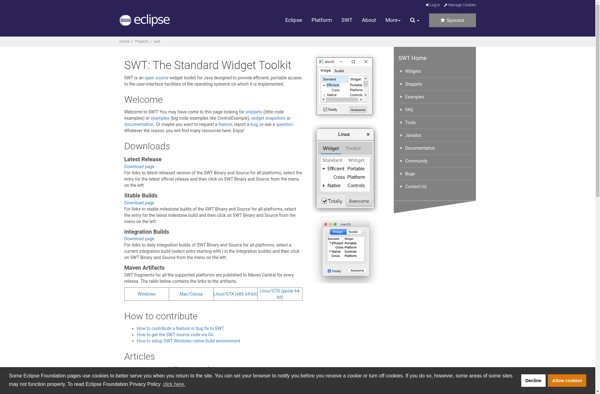
WxSVG
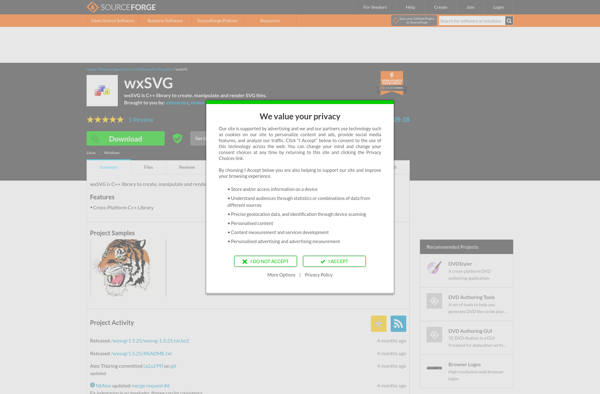
IUP Portable User Interface
